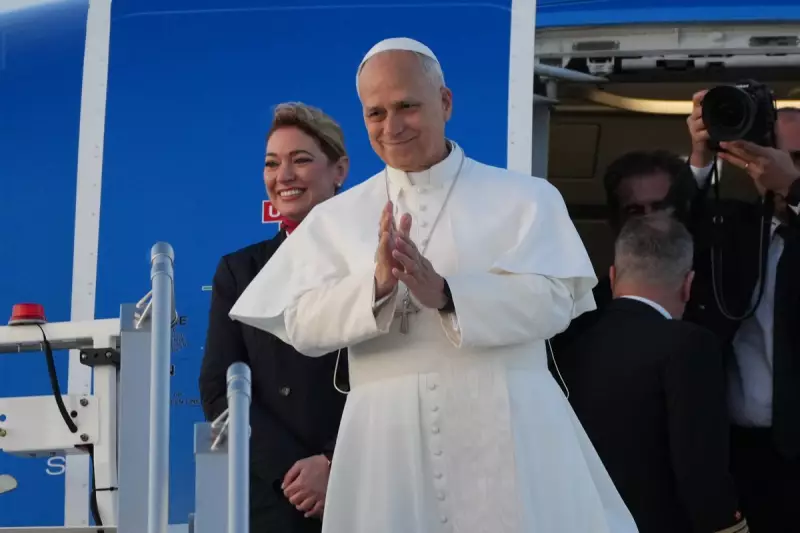
Pope Leo XIV, the first American pontiff, is embarking on his inaugural foreign journey, a significant six-day tour of Turkey and Lebanon from November 27 to December 2. This landmark trip marks a notable departure from Vatican tradition and is poised to strengthen ties with both Orthodox Christians and Muslims.
A Pontiff Breaking with Protocol
In a clear break from the Vatican's customary use of Italian, Pope Leo XIV will deliver his addresses in Turkey exclusively in English. During the Lebanese leg of his journey, he will use a combination of English and French. This strategic linguistic choice is intended to articulate a powerful, broad message of peace across the Middle East.
The pontiff's itinerary holds added emotional weight, as it covers destinations his predecessor, the late Pope Francis, had long intended to visit before his health declined. Security for the visit is expected to be exceptionally stringent, particularly following an Israeli airstrike in Beirut that targeted Hezbollah just days before the Pope's arrival.
Fostering Christian Unity and Interfaith Dialogue
The primary reason for the visit to Turkey, the first stop, is to commemorate the 1,700th anniversary of the Council of Nicaea, Christianity's first ecumenical council. In a powerful symbol of Christian unity, Pope Leo will pray with Ecumenical Patriarch Bartholomew, the spiritual leader of the world's Orthodox Christians, at the site of the 325 AD gathering in modern-day Iznik.
The two leaders will also sign a joint declaration. This gesture is profoundly significant given the Great Schism of 1054 that divided Eastern and Western churches. The Rev. Paolo Pugliese noted that commemorating the council, which produced the creed still recited by Christians today, sends a powerful message: "What better occasion than Nicaea to find again our common identity."
Pope Leo will also preside over interfaith meetings in both Istanbul and Beirut and visit the Blue Mosque in Istanbul. Notably, he will not visit the Hagia Sophia, a departure from previous papal visits. The monument was converted from a museum back into a mosque in 2020, a move that drew international criticism and caused Pope Francis deep pain.
A Message of Peace in a Troubled Region
The Vatican's consistent support for Palestinians in Gaza during the Israel-Hamas war has, according to regional clergy, bolstered the Church's credibility among Muslims. Monsignor César Essayan, the apostolic vicar of Beirut, emphasised Lebanon's unique position, stating it is "the safest place in the region" for the Pope to visit and deliver a strong global message of peace.
The highlight of the Lebanese visit will occur on December 2, when Pope Leo spends time in silent prayer at the site of the August 4, 2020, Beirut port blast. The explosion killed at least 218 people, injured over 6,000, and devastated large parts of the city. The tragedy, stemming from apparent government negligence, ignited widespread public fury, compounded by a severe economic crisis. An investigation into the blast has repeatedly stalled, and no official has been held accountable five years on.
Another pivotal moment will be the Pope's meeting with young Lebanese. He is expected to offer them encouragement amid a decades-long exodus of youth abroad, while also acknowledging their disillusionment with the failures of previous generations.





